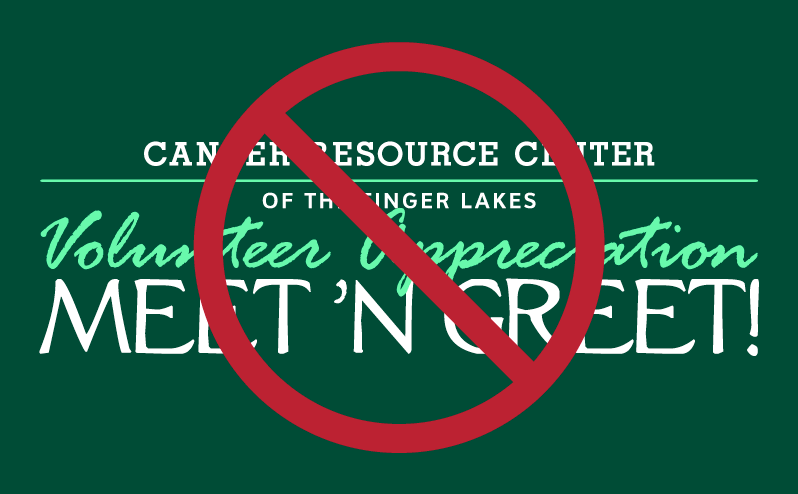We seem to struggle with language when the topic is cancer.
We don’t think twice when cancer is discussed in military terms. In 1971, Richard Nixon declared “war” on cancer in his State of the Union address.
When I was diagnosed with breast cancer, countless people told me to “fight this thing.” Since I’m still alive, I’m often referred to as a survivor. If I were to die, my obituary might well read, “Bob lost his long and courageous battle with cancer.”
The language of cancer seems to mirror the language of war. Battles are won and lost. There are survivors and there are victims. But is this the language we should be using?
Over the last few years, I’ve had several friends die from cancer. I don’t think it’s appropriate to say that they lost their battles. That seems to blame them for not fighting hard enough.
I prefer to say that cancer was the cause of their deaths.
In a similar fashion, I’m not quite comfortable being referred to as a survivor of cancer. Survivor is a better term than victim, but survivor seems to indicate victory. I’m not sure that I have beaten cancer. There’s always the chance it might come back. (In an odd way, I’ll know that I survived cancer when I die from something else).
And what if I were living with metastatic cancer — that is, what if the cancer had spread to other parts of my body? Would I still be called a survivor? I’m not sure, but I wouldn’t want anyone to think that I had lost or was losing. I would want people to think that I was living with cancer to the best of my ability.
Even the treatment for cancer is saddled with awkward language. I suspect that most people have heard chemotherapy being referred to as poison. Chemotherapy is medicine. Any medicine – even aspirin – can be poisonous if taken incorrectly. Why should chemotherapy be singled out for its potential dangers and not for its potential benefits?
Casual conversations about cancer also cause people to speak in seemingly bizarre code. I often hear people refer to cancer as the Big C. Why don’t we call diabetes the Big D or eczema the Big E?
Although cancer still makes us tongue-tied, we’ve made real progress in that we’re trying to talk about it.
Fifty years ago, people often died of cancer without ever being told the diagnosis. (Of course, most people dying of cancer knew they were dying of cancer, whether they were told or not). And today, more and more people are living — in every sense of the word — after a cancer diagnosis.
But we still have a ways to go in being comfortable with the language of cancer.
I’ll be happy to discuss my cancer with you. Just don’t ask about my battle. Ask about me.
From the Ithaca Journal.
Click here for all of Bob’s columns





